Book: Leveraging Cloud Computing Applications in Libraries
Written by: Abdullah Awad Al-Karim Haj Ahmed, and Lamia Muhammad Othman Ali
The book "Utilizing Cloud Computing Applications in Libraries" highlights one of the most important modern trends in information technology, which is radically transforming the way services are delivered within libraries, especially university libraries.
Cloud computing is an innovative alternative to traditional infrastructure, offering software, storage, and processing as online services, enabling libraries to access advanced capabilities without the need for expensive on-premises resources.
The benefits of cloud computing applications in libraries go beyond simply introducing new technology, but extend to redefining the role libraries play in a changing digital environment.
The study aims to analyze the potential benefits and challenges associated with adopting this technology, and to present practical models that can be applied in academic and information environments, particularly in Sudan.
The concept of cloud computing as mentioned in the study
The book defines cloud computing as a model for delivering IT services such as storage, processing, and software applications over the Internet, eliminating the need for local hardware and software. This concept is based on the use of remote servers controlled by specialized organizations, with services delivered flexibly and scalably as needed.
It is noted that cloud computing technology is not limited to one type, but rather includes multiple service models (such as:SaaS, PaaS, IaaS) and different types of architectures (such as public, private, community, and hybrid cloud). This diversity provides great flexibility in implementing this technology according to the needs and capabilities of libraries.
Benefits of applying cloud computing in libraries
The book "Utilizing Cloud Computing Applications in Libraries" discusses the significant benefits libraries reap from adopting this technology. The first of these benefits is reduced operating costs, as libraries can leverage software and storage without having to purchase expensive servers or software.
Cloud computing also provides access to data from anywhere, at any time, enhancing the effectiveness of information services for beneficiaries.
By analyzing the models presented in benefiting from cloud computing applications in the field of libraries, we find that libraries that used open source systems on cloud servers such asKOHA and DSpace have truly transformed the way they deliver their services, making them more flexible, easier to share, and more easily integrated with other databases. These systems also provide a more sustainable and resource-efficient environment, supporting libraries' drive toward full digital transformation.
Challenges Facing Cloud Computing Implementation
The book "Utilizing Cloud Computing Applications in Libraries" does not overlook the fundamental challenges that may hinder the use of this technology. The most prominent of these challenges are concerns related to data security and confidentiality, especially since information is stored outside the library's control. Furthermore, libraries' reliance on a robust internet network is a vital necessity, something that may not be equally available in all regions.
The book "Utilizing Cloud Computing Applications in Libraries" also points to other challenges, such as the lack of qualified personnel to handle these systems, the difficulty of adapting to rapid changes in the technology environment, and the legal challenges related to intellectual property rights. Therefore, the authors emphasize the importance of conducting detailed studies of the legislative environment and the necessary infrastructure before embarking on actual implementation.
Practical models from the Sudanese reality
The book “Benefiting from Cloud Computing Applications in the Field of Libraries” presented a practical model for applying cloud computing through the experience of the “Sudanese Scientific Research and Education Network” (SudREN), which is one of the most prominent successful initiatives in this field, has succeeded in linking educational and scientific research institutions in Sudan to a single network that uses cloud computing technologies to provide digital library services and institutional repositories.
According to the book “Benefiting from Cloud Computing Applications in the Field of Libraries,” this network provided integrated services using open source software as a service (SaaS), in addition to providing Infrastructure as a Service (IaaS), which enabled member universities to develop their library systems and link their indexes within a unified database, which contributes to facilitating retrieval, searching, and access to multiple sources.
Future recommendations for the study
The authors of the book "Utilizing Cloud Computing Applications in Libraries" concluded their study with a number of substantive recommendations, most notably the need to accelerate the adoption of this technology in Arab libraries, with a focus on the use of open source software and the activation of initiatives such as the "Arab Cloud." They also recommended conducting further research on the security and regulatory aspects of this technology.
The book, "Benefiting from Cloud Computing Applications in Libraries," emphasized the importance of investing in building local capacity and training employees to use cloud computing tools, along with supporting national policies to develop the digital infrastructure of the information sector. It warned that the future of libraries will be increasingly linked to cloud computing, and that those who fail to keep pace with this transformation may soon be excluded from the information competition.
The book "Utilizing Cloud Computing Applications in Libraries" represents a rich and distinguished scholarly reference that links theory and practice within the library environment, particularly in the Arab world. By presenting the concept of cloud computing and reviewing global and local models, the book serves as a practical guide for decision-makers and librarians seeking to modernize their information institutions.
You can download the book "Benefits from Cloud Computing Applications in Libraries" directly from here.
 يمكنك تحميل كتاب الإفادة من تطبيقات الحوسبة السحابية في مجال المكتبات مباشرةً من هنا.
يمكنك تحميل كتاب الإفادة من تطبيقات الحوسبة السحابية في مجال المكتبات مباشرةً من هنا.

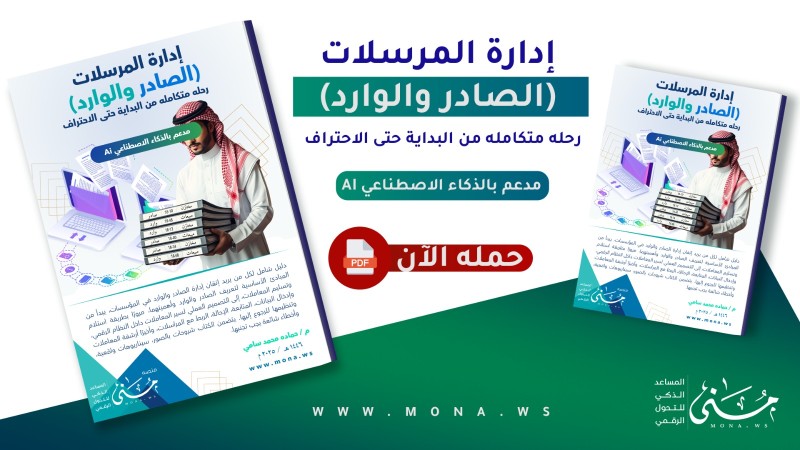
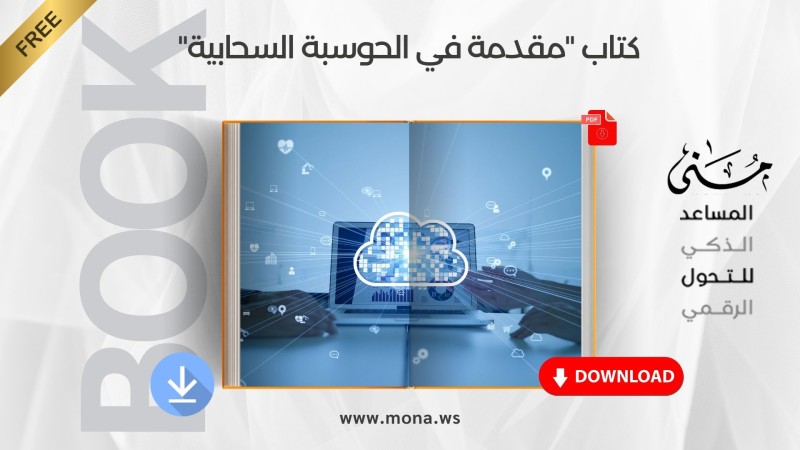
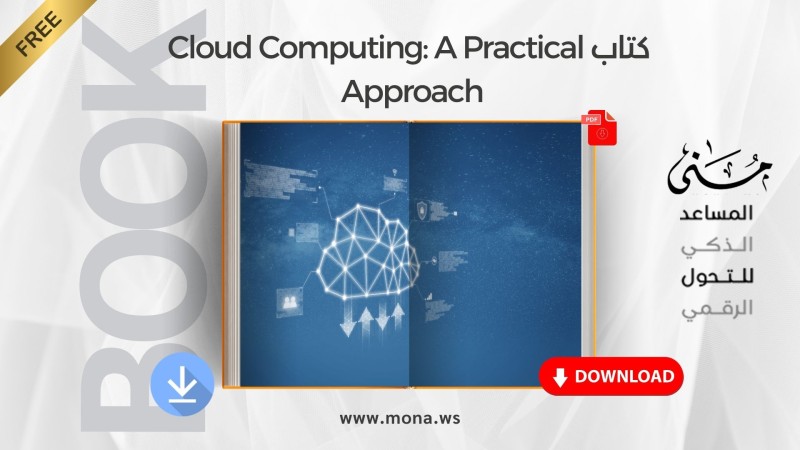


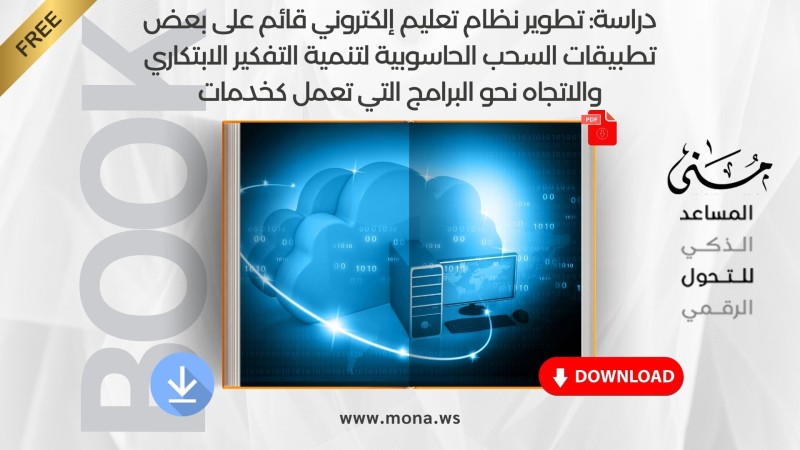

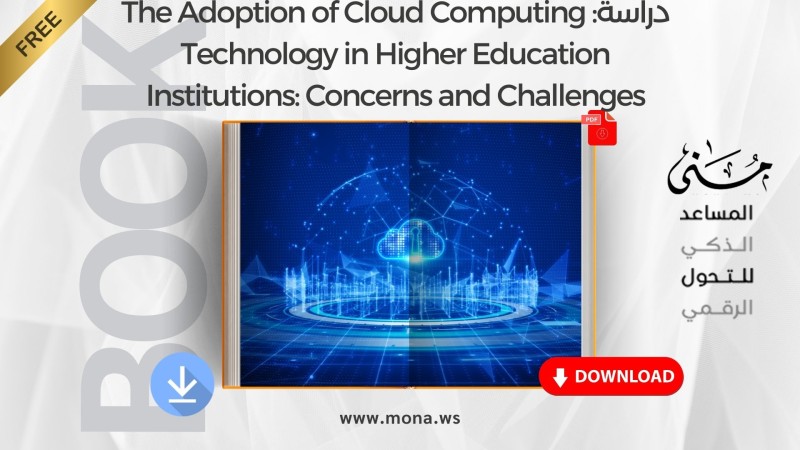
Comments
Add New Comment